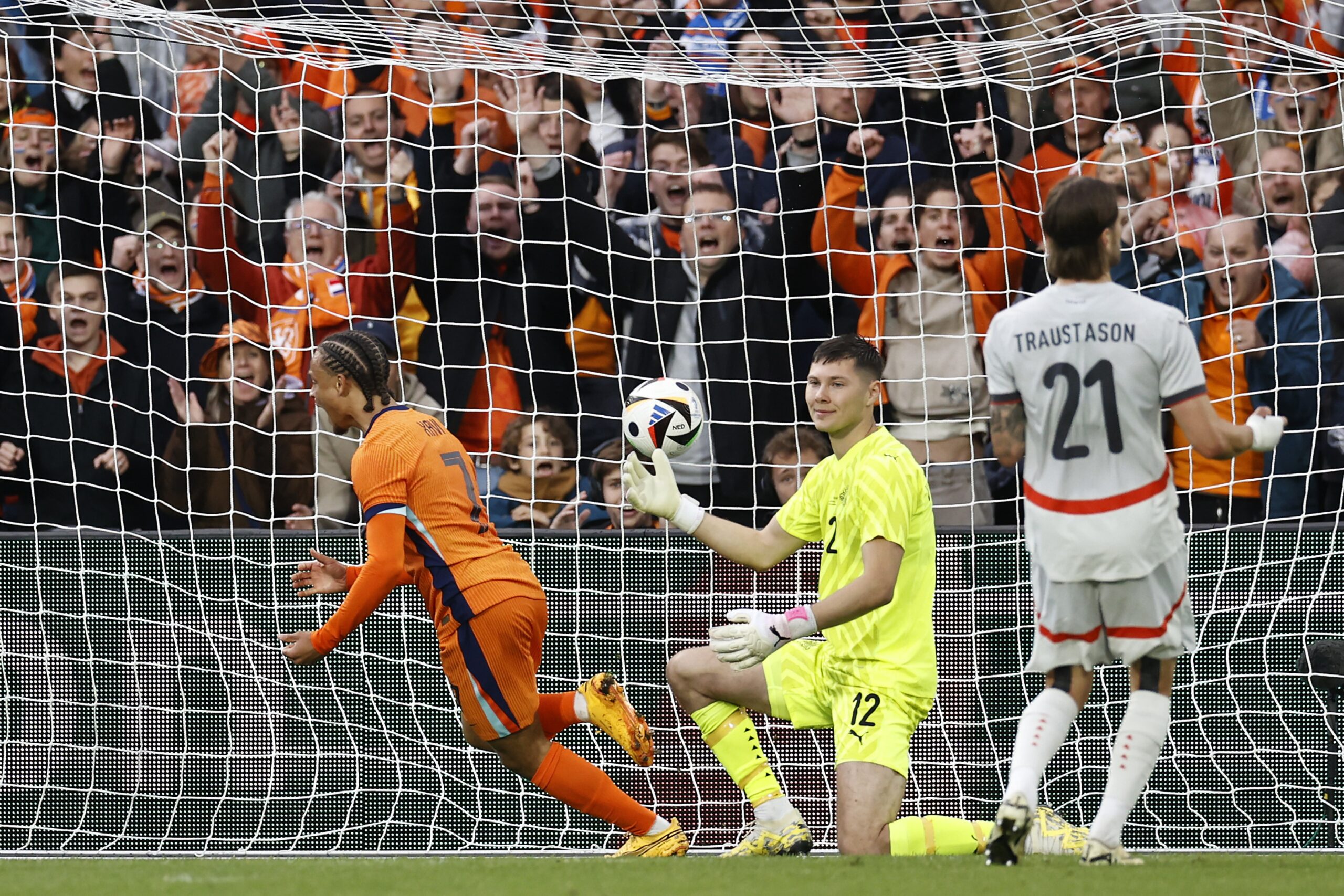Looking At Netherlands Winter Olympics Success Over The Years
As one of the founding members of the European Union, the Netherlands is perhaps best known for its world-leading systems of law. It’s also one of the ten best countries in terms of human development and citizen happiness. What’s not often mentioned, however, is that the Netherlands is by far the world leader in speed skating gold medals. If you want to know how they achieved such an incredible feat, or you’re simply looking for the best winter sports to bet on, read on below for all the info you need on the Netherlands’ road to Winter Games glory.
Past to present
Many of the world’s most celebrated Olympic nations have experienced ups and downs when it comes to medals. Romania, for example, was once the world leader in gymnastics medals, but if you look at current rankings their best gymnast is only the 5th highest medal winner. The Netherlands doesn’t seem to follow the rise and fall of victory like other nations. Instead, the Dutch have managed to stay at the top of speed skating rankings for close to half a century.
It’s not unheard of for a singular nation to dominate at one sport or another. Canada is the best at curling, and the US holds more than a third of all Olympic snowboarding medals. Ethiopia and Jamaica are renowned for their track and field athletes. What makes the Netherlands unique, however, is that speed skating has been an Olympic sport since the late 1920s, much longer than many other officially recognized sports. But what caused their shift to dominance? How has the country learned to excel at one particular sport so well, particularly over the last decade?
Speculation as to the reason for this phenomenon has been interesting, to say the least. Some people claim that the Dutch commonly use skating as a means of travel, while others believe they are merely built for speed skating. The first theory is utter hogwash and, while the second theory has some merit to it, the simple truth is that the Netherlands has the best trainers, facilities, and equipment.
Prospective skaters begin training at a young age and, because of this fact, they are simply leagues ahead of their peers, especially in terms of experience. It certainly helps that the sport is more popular in the Netherlands than in any other country. With the combination of icy winter months and one of the world’s happiest populations, it makes sense that the country would gravitate towards the joy of speed skating.

The road to gold
The Netherlands first took part in the Winter Olympic Games all the way back in 1928. The Dutch country would need to wait a while before their first medal, however, with the first podium finish coming in 1952 at the Oslo Winter Games. The Netherlands achieved three silver medals for their efforts, all of which were for speed skating. From that moment on, speed skating went from being a relatively niche sport to a national pastime in the Netherlands.
It would take another 12 years before the Netherlands won their first gold at the 1964 Winter Olympics. Although speed skater Kees Verkerk managed a silver medal in the Men’s competition, the gold medal was earned by Sjoukje Dijkstra for the figure skating event. That point marked the beginning of a new era for the Netherlands as, by the time the next Winter Games ended in 1968, they officially began their decades-long dominance of speed skating.
The 1968 Winter Games led to three gold, three silver, and three bronze medals for the Netherlands, all for speed skating. 1972 was four golds, three silver, and two bronze. 1976? Another five speed skating medals. 1980? Four more for speed skating. In fact, most Winter Games for the Dutch have resulted in no medals, except for their speed skating ones (with the odd figure skating exception here or there). This pattern continues all the way up to today.
At the 2018 Winter Olympics in Pyeongchang, South Korea, the Netherlands walked away with their biggest medal haul yet. With eight gold medallists and 12 other podium finishes, all for speed skating, the Netherlands practically stomped out any competition in both the Men’s and Women’s categories. In the 3000 meters speed skating event, the Netherlands made a podium sweep. Speed skating athlete Ireen Wurst won her fourth consecutive Winter Olympics gold medal, making her the official best-ever Olympic speed skater in any category.

Most successful Dutch athletes
Ireen Wurst is the most successful Dutch competitor in any Olympic sport, with five gold medals, 5 silver medals, and one bronze medal. Wurst has dominated Women’s speed skating for 20 years. Although her first medal was a bronze at the 2006 Winter Olympics in Turin, Italy, Wurst was voted the best Dutch Sportswoman for that year by the Dutch Olympic Committee. She is the most decorated athlete of the 2014 Sochi Winter Games and is the proud holder of more medals than any other speed skater in the world.
Sven Kramer, the second highest-ranked Dutch athlete, has a total of nine medals under his belt. Four golds, two silvers and three bronze medals make him one of the best speed skating athletes in the world. Kramer holds several world record titles, such as nine World Allround Championship wins and ten European Allround victories. He is the Olympic champion of three consecutive 5,000-meter Olympic events; the Vancouver 2010, Sochi 2014, and Pyeongchang 2018 Olympics.
With a combined total of over 450 medals for the Summer and Winter Games, the Netherlands is one of the leading countries when it comes to producing talented athletes. Out of the top 10 Dutch athletes for both Summer and Winter Games, only the top two positions belong to winter sports athletes, the rest are all Summer Olympics athletes. It’s a fitting statistic if you think about it; speed skating might be one of the lesser-known or smaller sports, but the Netherlands does it better than anyone else and by a large margin.




